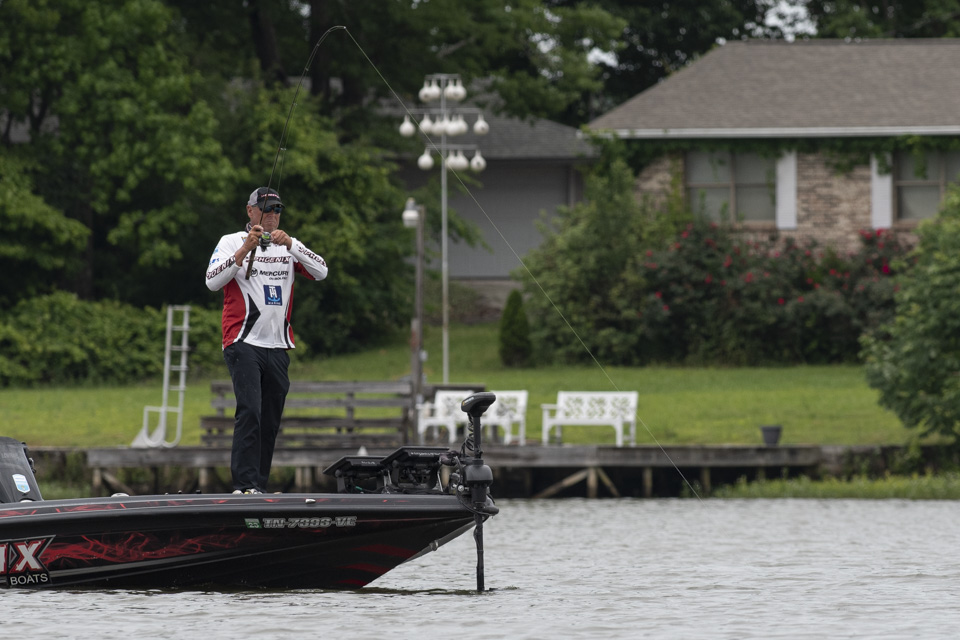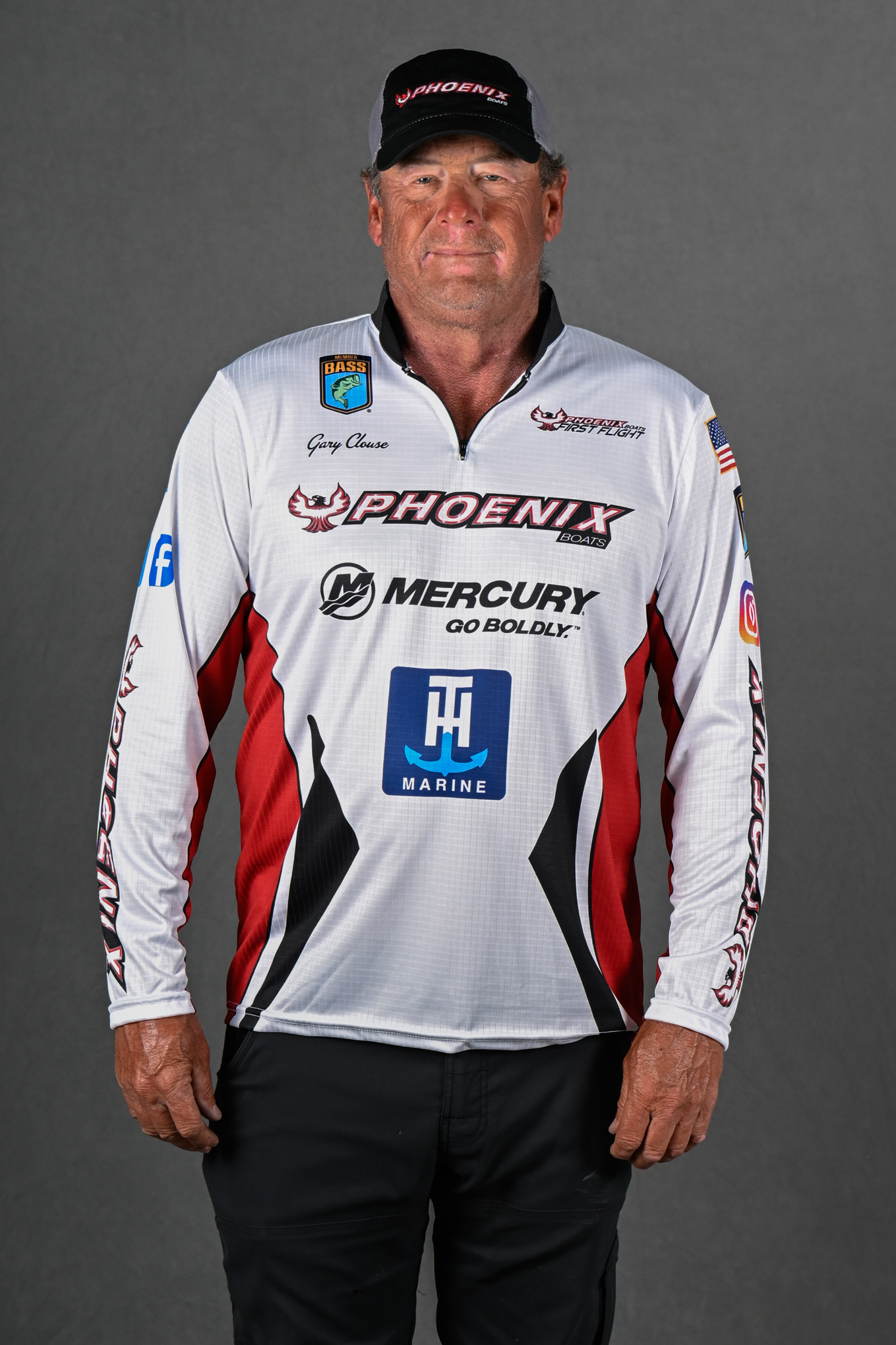
Let me begin by saying I’m not a forward-facing sonar expert, and there are other Bassmaster Elite Series pros better with it than I am. But I have had some experience with it, and use it a lot.
Also, others may have different views than me, so my thoughts are based solely on my own experience.
Having said all that, there is a lot of discussion among many anglers about the effects that forward-facing sonar is having on bass they see on the screen.
Don’t get me wrong – the technology works, and it’s a huge player on a lot of tournament circuits. In many situations, if you don’t have it, you’re at a disadvantage.
If you look at the weights in tournaments and compare them to those with the sonar and those without, the technology has helped more people catch more fish.
However, I and some others are beginning to think that the fish can get conditioned to either the sound or vibration and appear to get a little more wary over time.
I’ve especially noticed it seems to have an effect on fish when the Elites show up, along with local anglers who are using the same water. The first day or so, you see the fish, and you can generally get some to bite.
But after three days of constant bombardment, they get harder to catch. I realize that intense fishing pressure would cause that even before forward-facing sonar was introduced.
With the new sonar, the easy ones are going to be caught. But the more wary ones – oftentimes bigger, older and wiser – are more difficult.
We can visually see the fish’s reaction on our screens, how it differs from the beginning of practice and how it changes as the week progresses.
The fish tend to move away from the boat, or move up or down when the unit is deployed.
It kinda reminds me of when you’re calling a stray dog. He looks at you and if you take a few steps toward him, he moves a few steps away and looks back at you.
For that reason, I have learned to extend my forward distance on my Garmin LiveScope to 80 feet or more. It’s my opinion that the sound and or vibration coming from the sonar can be more intense when it is close to them.
I’m no biologist; I base this on what we’ve been told about how a bass picks up pressure and vibrations along its lateral line. They can either feel or hear that thing pulsing.
So, I set my distance around 80 and mess with my gain somewhere around 69, give or take a little, until I think it’s right. That seems to work best for me, and I think it gives me a chance to catch more fish that I see.
Again, I might only get one or two casts at him before he spooks away, but at least I’ve given myself a chance.
I’m not being critical of forward-facing sonar, but rather advising anglers to be aware of the possibility that fish may be getting conditioned. You may have to make adjustments in your boat position and presentation.
As we gain more experience with the technology, we will be able to maximize the benefits and become more successful anglers.





